OU News
News from The Open University

Want to try your hand at being an astronomer? Here is your chance
Ever gazed at the night sky and wondered what’s up there? With more stars in the Universe than there are grains of sand on all of the beaches in the world, astronomers at The Open University (OU) are searching for a troop of volunteers to help them identify millions of mysterious stars. A team of […]
Read more about Want to try your hand at being an astronomer? Here is your chance

Curious Kids: how does gravity pull things down to Earth?
This is an article from Curious Kids, a series for children of all ages. The Conversation is asking young people to send in questions they’d like an expert to answer. All questions are welcome: find details on how to enter at the bottom. How does gravity pull things down to Earth? – Gabriel, age four, […]
Read more about Curious Kids: how does gravity pull things down to Earth?
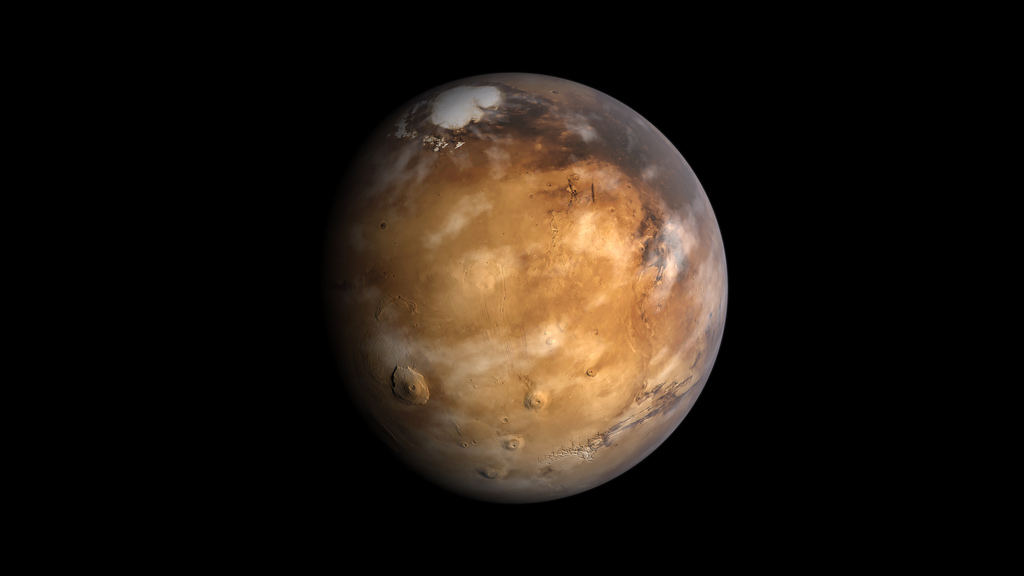
We know there is water on Mars – what next?
The age old question of whether Mars has ever supported life is the focus of the latest research from scientists at The Open University (OU). With over half a million pounds of funding from the UK Space Agency, they will be exploring the chemistry of the martian environment to determine if life has ever existed, […]
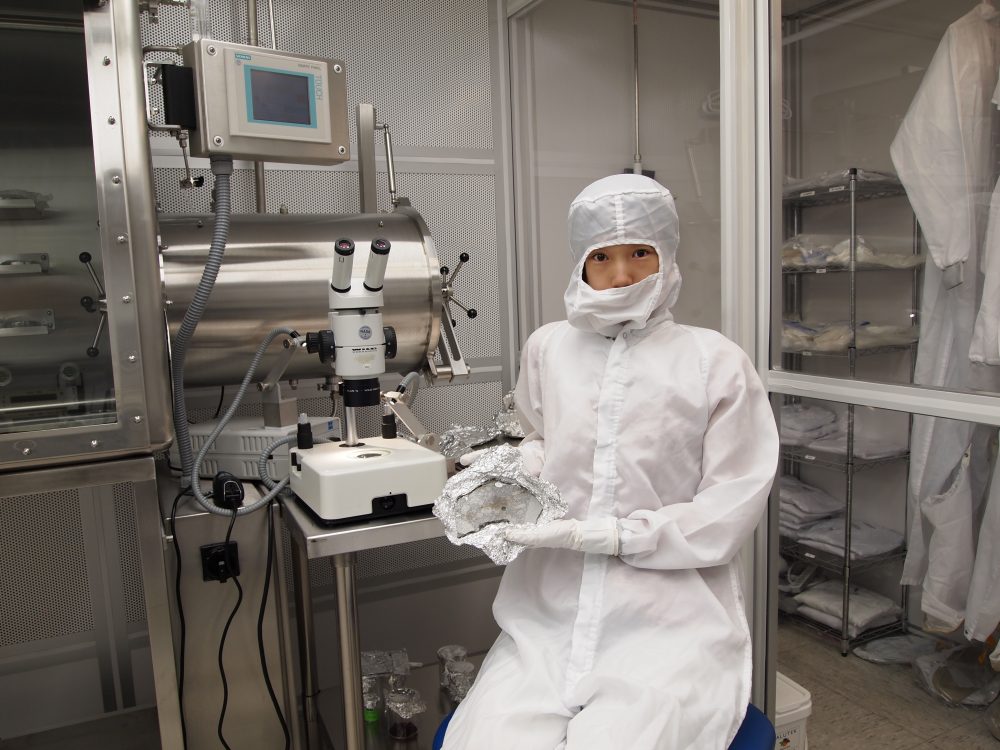
Tiny blue salt crystals from space reveal a big surprise
In 1998 two meteorites fell to earth, and on them were minuscule sapphire-coloured salt crystals. Now, 20 years on, science lab equipment is finally powerful enough to analyse these crystals – and the results have been startling. Organic compounds and liquid water have been found together for the first time on these 4.5 billion year […]
Read more about Tiny blue salt crystals from space reveal a big surprise
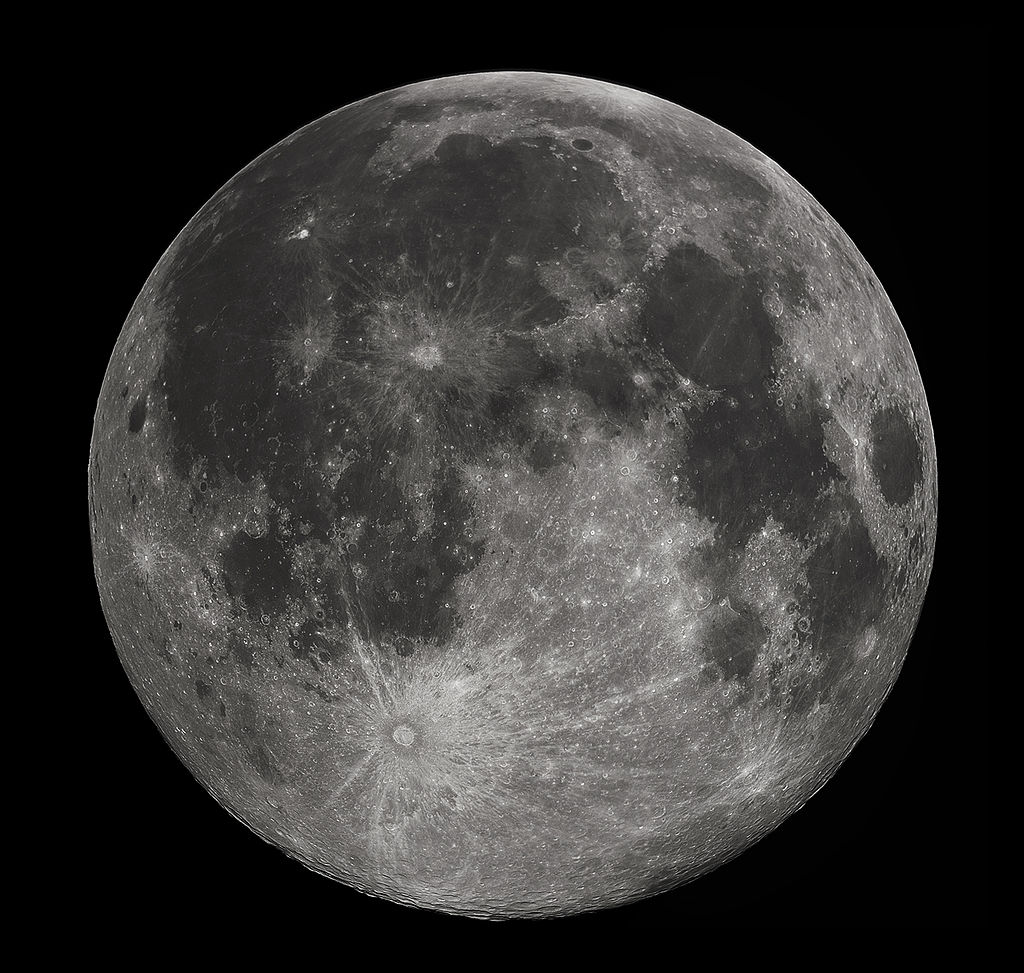
How a new orbital moon station could take us to Mars and beyond
The dream of a human habitat in orbit about the moon came a step closer on September 27, when NASA and the Russian space agency (Roscosmos) signed up to a common vision for future human exploration. The project, a follow-up to the International Space Station (ISS), involves a facility placed in orbit somewhere between the […]
Read more about How a new orbital moon station could take us to Mars and beyond
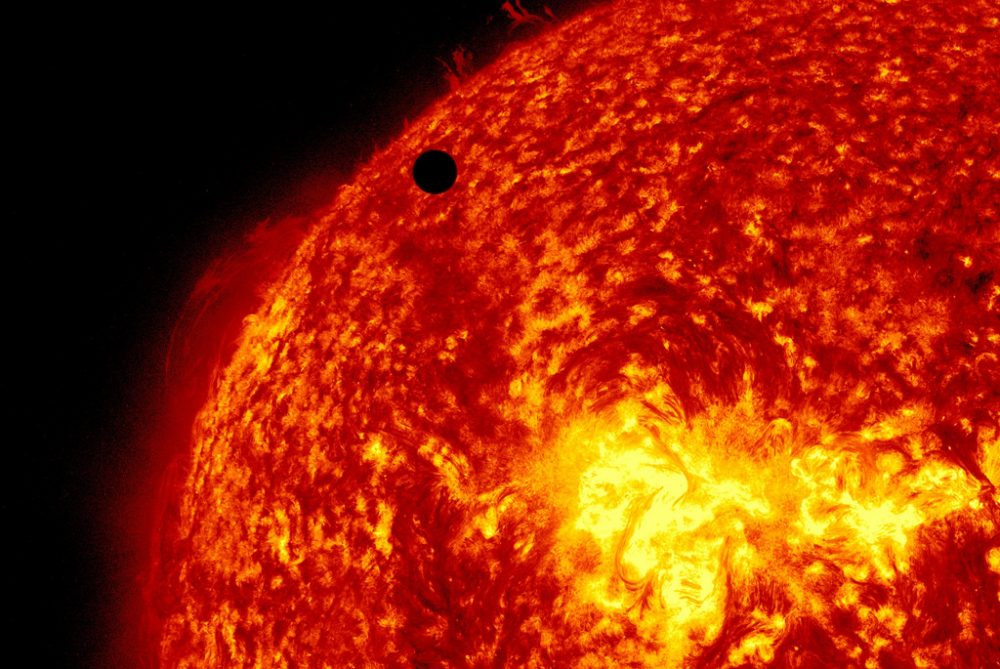
The sun’s core rotates four times faster than its surface – here’s why it matters
My favourite science news is the stuff that changes the way I think about the world and our place in the universe. Many dinosaurs were covered in feathers; there’s a planet in the habitable zone around the nearest star in the night sky; the universe is expanding faster and faster but no one yet knows […]
Read more about The sun’s core rotates four times faster than its surface – here’s why it matters
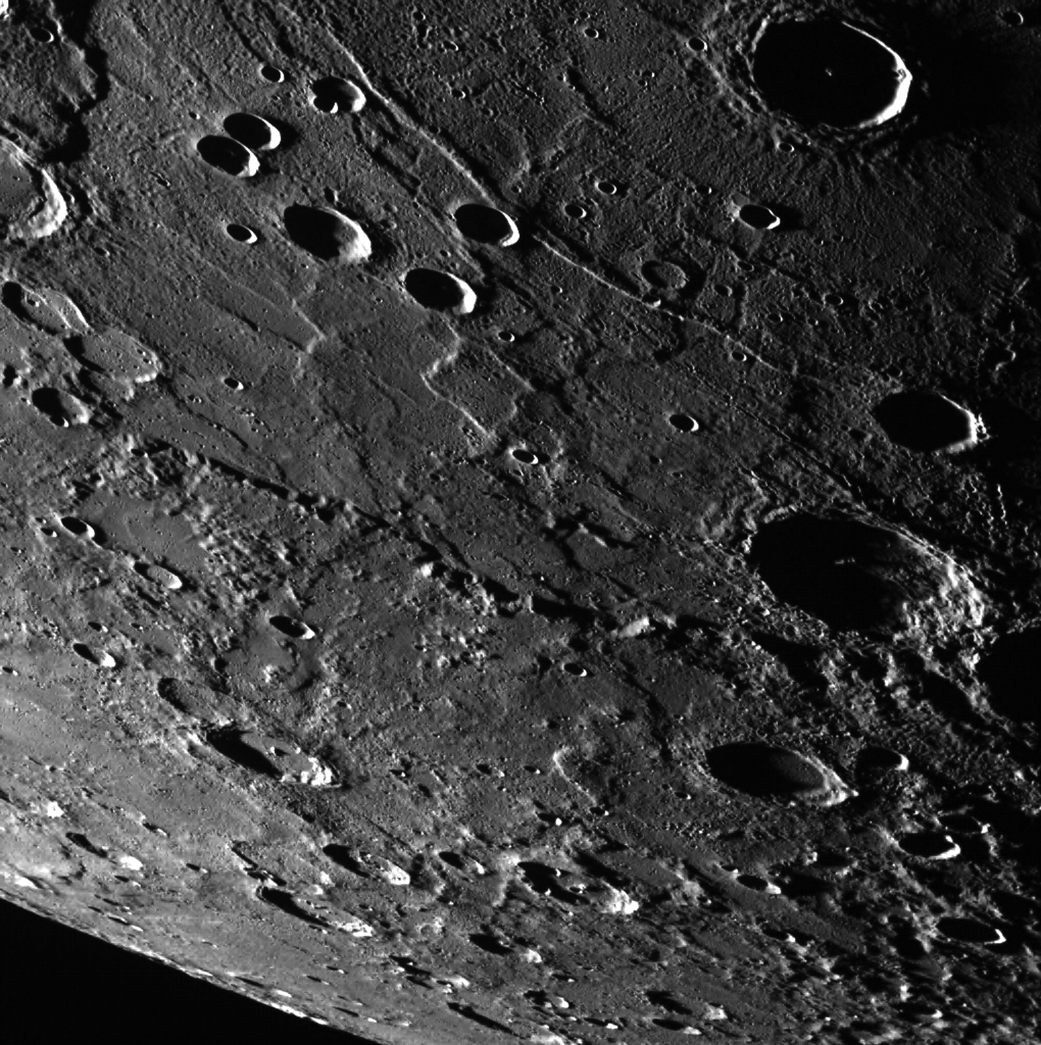
OU PhD student names a crater on Mercury after Irish poet
OU PhD student, Jack Wright has been given the honour of naming a 120km diameter crater on Mercury which he identified through his mapping of a section of the planet. Named ‘Heaney’ after the late Irish poet, author and Nobel Prize winner for literature, Seamus Heaney, the official announcement was made today (21 March) by […]
Read more about OU PhD student names a crater on Mercury after Irish poet
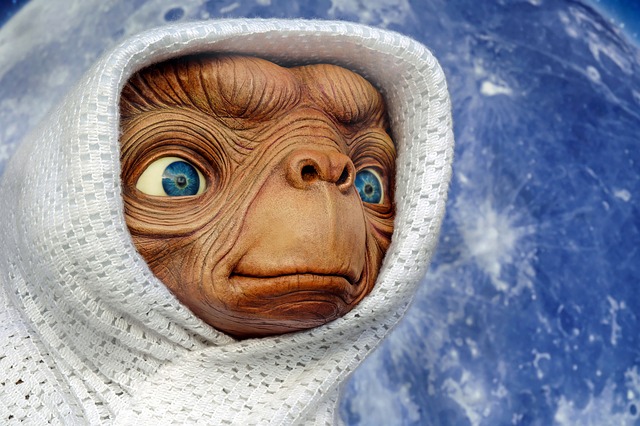
Solar system with seven Earth-like planets found around nearby star – here’s what they could be like
There have been many discoveries of potentially habitable planets orbiting stars other than our own over the last few years. Now things are getting even more exciting. Scientists have documented a star surrounded by no fewer than seven Earth-like planets – several or all of which could be at the right temperature for liquid water, […]
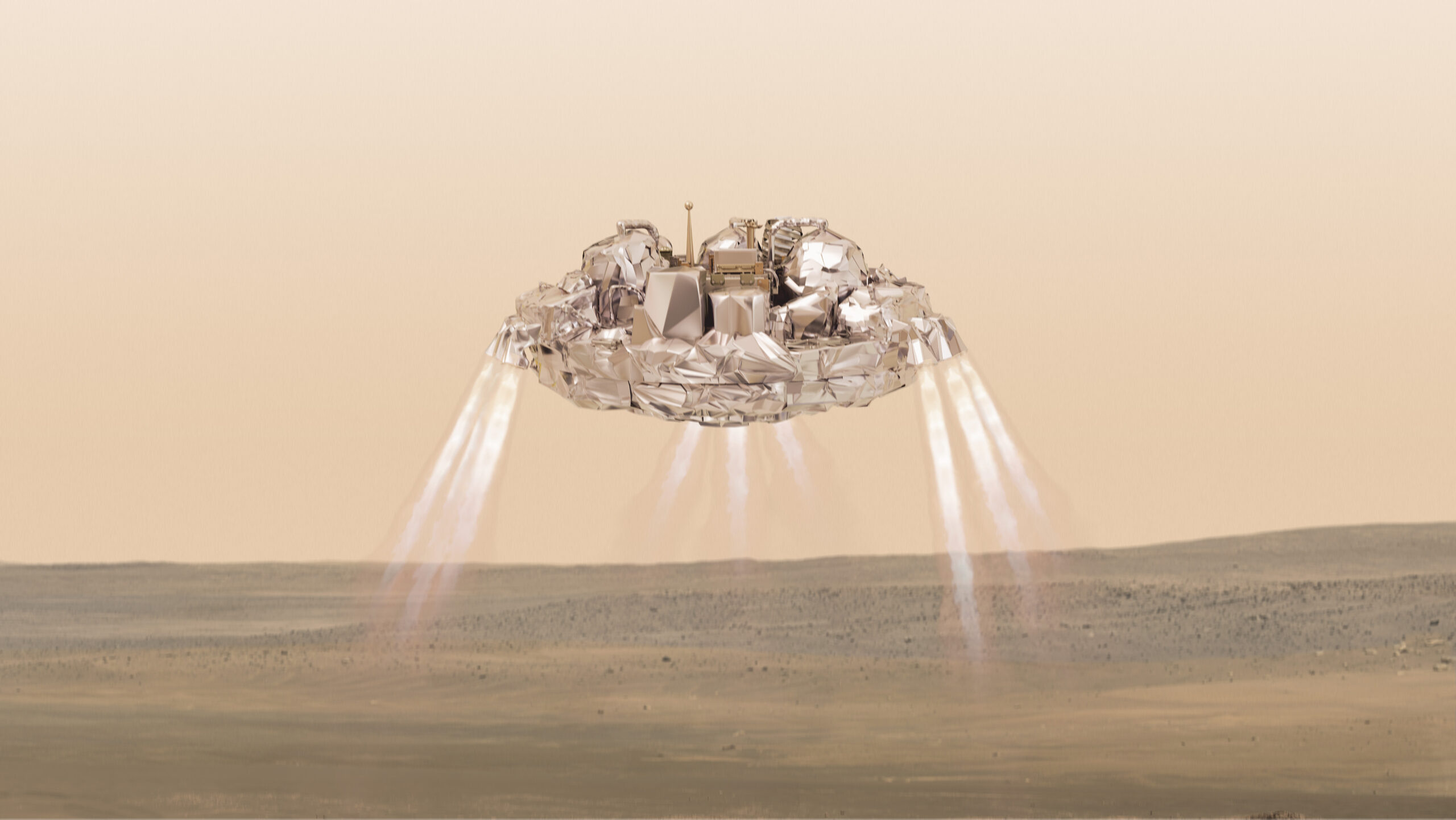
What missing lander means for Europe’s quest to find life on Mars
Researchers at the European Space Operations’ Centre in Darmstadt, Germany, had another one of those nervous days – waiting to hear first from a probe designed to land on Mars’ surface, and then from the probe’s orbiting mother ship. By the end of the day, the flight engineers and mission scientists were half satisfied – […]
Read more about What missing lander means for Europe’s quest to find life on Mars
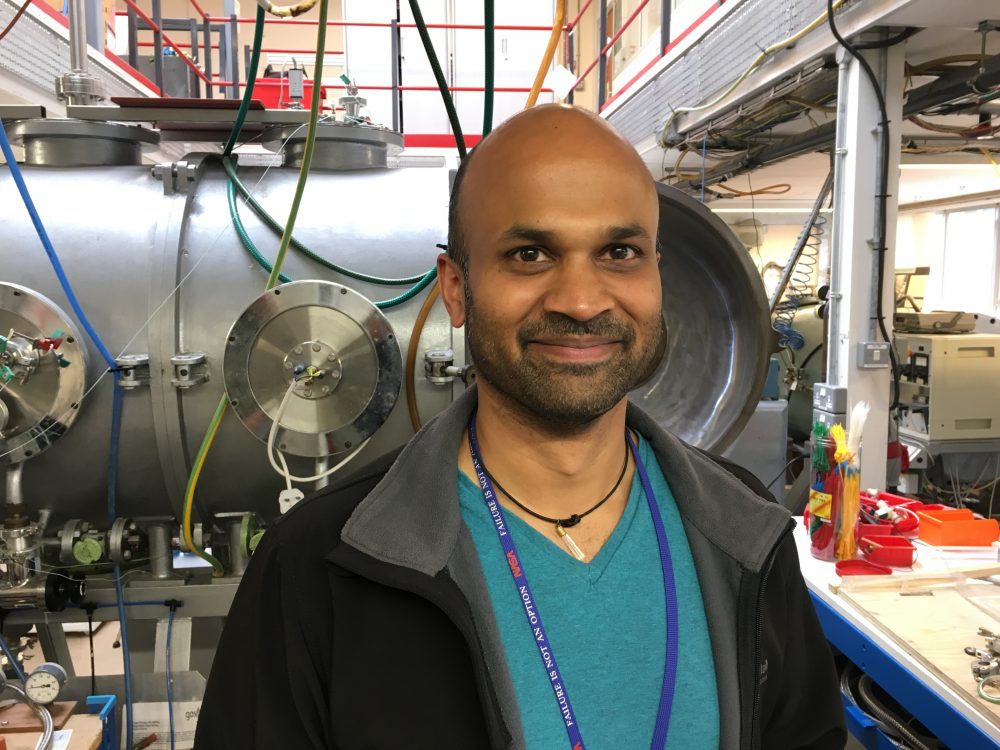
Man on a mission: How OU academic launched a career in space
Dr Manish Patel was inspired by space at a young age; venturing out in the middle of the night stargazing with his dad and his telescope. He studied an MPhys in Physics and Space Science at the University of Kent, more out of interest than as a career. After that, in what he describes as “a […]
Read more about Man on a mission: How OU academic launched a career in space
Page 3 of 5